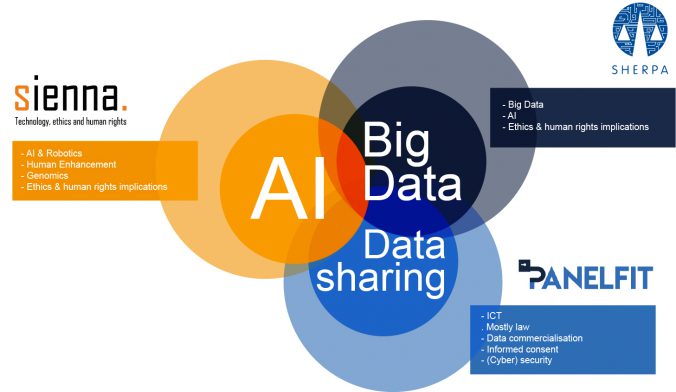A new article on consent for biobanks manages to surprise me. How? By pointing out what ought to be obvious! If we want to judge what kind of consent works best for biobanks, then we should look at today’s biobanks and not look back at more traditional medical research. The risks in traditional medical research […]
Continue readingPage 18 of 47
When we visit a newly operated patient, we probably wonder: Has she regained consciousness? The question is important to us. If the answer is yes then she is among us, we can socialize. If the answer is negative then she is absent, it is not possible to socialize. We can only wait and hope that […]
Continue readingWhy should we hold our philosophical tradition in high esteem? Why should we admire Socrates and other great thinkers? Because they strengthened reason? Because they taught humanity to set emotions aside and instead purify facts and logic? If that were true, we should admire the philosophers for armoring humanity. For turning us into clever neurotics […]
Continue readingTo most of us, it is self-evident that we, as human beings and societies, should care about the environment and climate change. Greta Thunberg has, in a remarkable way, spurred political interest and engagement in climate change. This effort has affected our thoughts and emotions concerning environmental policy. However, when we dig deeper into the […]
Continue readingBioethics has a problem with human beings, the philosopher Roland Kipke writes. It must ask who belongs to our moral community. Who has rights? Who has human dignity? Who has the moral status usually attributed to healthy adult humans? Who has the right to life? The question is: Who belongs to us? Are human embryos […]
Continue readingEver since this blog started, I have regularly described how bioethical discussions often are driven by our own psychology. On the surface, the debates appear to be purely rational investigations of the truthfulness of certain claims. The claims may be about the risks of genetically modified organisms (GMOs), the private nature of genetic information, the […]
Continue readingIn popular scientific literature, research can sometimes appear deceptively simple: “In the past, people believed that … But when researchers looked more closely, they found that …” It may seem as if researchers need not do much more than visit archives or laboratories. There, they take a closer look at things and discover amazing results. […]
Continue readingBiobanks are getting bigger and the human biological samples that are stored in the freezers have increasingly long-term utility for research. The samples can be used not only in one study, but also in several different studies. Not only in today’s research, but also in future research. This creates research ethical tensions. Ethics requires that […]
Continue readingDo you use Google Maps to navigate in a new city? Ask Siri, Alexa or OK Google to play your favourite song? To help you find something on Amazon? To read a text message from a friend while you are driving your car? Perhaps your car is fitted with a semi-autonomous adaptive cruise control system… If any software or machine is going to perform in any autonomous way, it needs to collect data. About you, where you are going, what songs you like, your shopping habits, who your friends are and what you talk about. This begs the question: are we willing to give up part of our privacy and personal liberty to enjoy the benefits technology offers. Want to know more about the collaboration between SIENNA, SHERPA and PANELFIT? Read the editorial in Orbit (Setting future ethical standards for ICT, Big Data, AI and robotics: The contribution of three European Projects), or watch a video from our joint webinar on May 20, 2019 on YouTube (SIENNA, SHERPA, PANELFIT: Setting future ethical standards for ICT, Big Data, SIS, AI and Robotics).
Continue readingThe human is a miserable being. Although we are pleased about the new and better-paid job, we soon acquire more costly habits, richer friends, and madder professional duties. We are back to square one, dissatisfied with life and uncomfortable with ourselves. Why can life never be perfect? Discontent makes us want to escape to better […]
Continue reading


Recent Comments